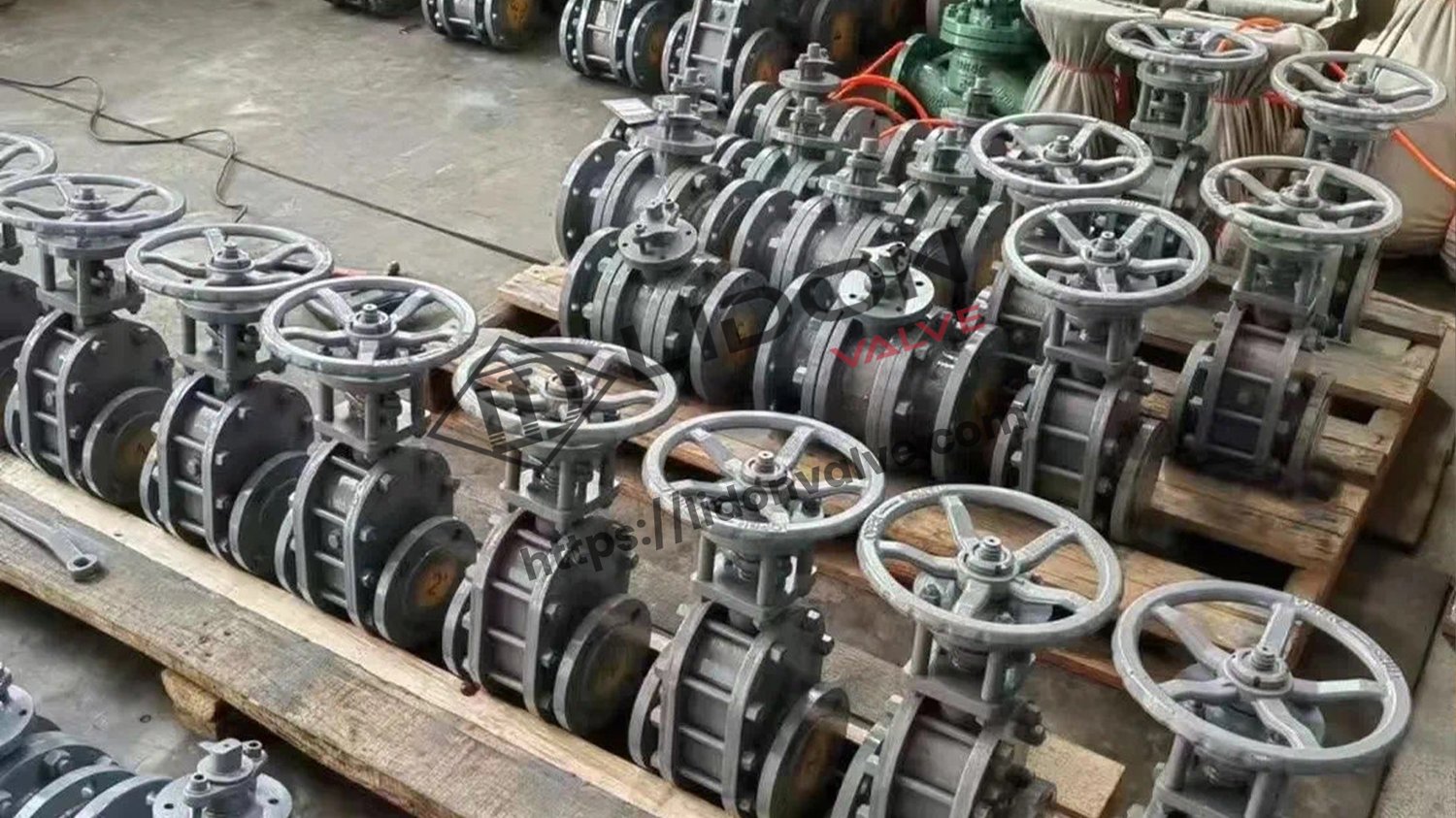Introduction
Valves are components used to regulate and control the flow of liquids, gases, and other fluid substances in pipelines and industrial processes. When a valve is closed, different things happen to the pressure of the fluid in the pipeline. In this informative article, we will examine the various effects of closing a valve on pressure in different systems.
The Function of Valves in Pipelines
Valves play a crucial role in the proper functioning of pipelines by allowing operators to manage the flow rate, direction, and pressure of fluids. Using the right type of valve for a specific fluid application can help maximize the efficiency, reliability and safety of the process. Common valve types include ball valves, gate valves, globe valves, butterfly valves, check valves, and needle valves.
Effects on Pressure When Valve is Closed
When a valve is shut off, it prevents the flow of fluid in the pipeline. The pressure of the fluid upstream of the valve will increase, while the pressure downstream of the valve will decrease. The magnitude of the change in pressure depends on various factors such as the size of the valve, the viscosity of the fluid, and the system's pressure drop.
Impact on Centrifugal Pumps
Centrifugal pumps are widely used in many industries to transport fluids. When a valve is closed on the discharge side of a pump, the pressure in the discharge line will increase, causing the pump's flow rate to decrease. This can lead to issues like cavitation, which can damage the pump and other equipment in the system.
Effect on Positive Displacement Pumps
Positive displacement pumps are another type of pump used in many industrial applications. When a valve is closed on the discharge side of such pumps, the pressure will increase until it reaches the pump's relief valve setting. This causes the fluid to recirculate inside the pump and can cause the pump's temperature to increase, leading to wear and tear and other operational problems.
Impact on Compressed Air Systems
Compressed air systems use valves to control the flow of air in pipelines. When a valve is blocked, the pressure upstream of the valve will increase, eventually reaching the compressor's setpoint pressure. This may lead to problems like compressor overheating, increased energy consumption, and reduced lifespan.
Effect on Steam Boilers
Steam boilers use valves to regulate the pressure and flow of steam in the system. When a valve is closed, the pressure will increase, causing the safety valve to open, and discharging steam until the pressure drops to the set pressure level. This can lead to issues like water hammer, which can cause damage to the system and reduce its efficiency.
Impact on Natural Gas Systems
Natural gas systems rely on valves to regulate the flow and pressure of gas in pipelines. When a valve is closed, the pressure in the pipeline upstream of the valve increases, and the pressure downstream of the valve decreases. This can lead to issues like pipeline overpressure, which can cause leaks, ruptures, and other safety concerns.
Effect on Hydraulic Systems
Hydraulic systems use pumps and valves to drive hydraulic fluid to power machines and equipment. When a valve is shut off in such systems, it causes the pressure in the system to increase, which can cause damage to sensitive components like hoses, seals, and valves, leading to leakage and other problems.
Impact on Chemical Processing Systems
Valves play a critical role in chemical processing industries. When a valve is closed in chemical processing systems, it can affect the pressure and flow of the fluid, leading to issues like chemical spills, sudden pressure changes, and other hazardous scenarios.
Conclusion
Closing a valve can significantly impact the flow and pressure of fluid in pipelines and industrial systems. Understanding the various effects of closing a valve can help operators choose the right type of valve for their specific application and ensure safe and efficient operation of their industrial processes.

